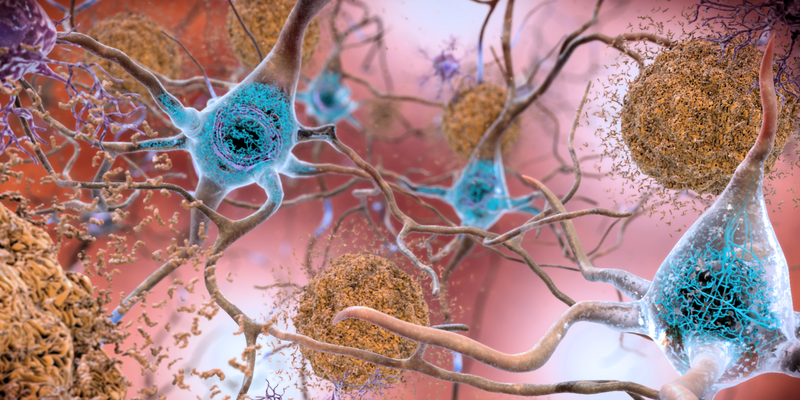Key step forward in tackling neurodegenerative diseases

A protein complex has been shown to play a key role in preventing the build-up of toxic plaques in the brain linked to neurodegenerative disorders such as Alzheimer’s and Huntington’s disease. An international team of researchers from the Universities of Leeds, Stanford (USA) and Konstanz (Germany) have discovered that the nascent polypeptide-associated complex (NAC) helps to prevent the aggregation of damaging proteins within the cell. The scientists have patented a crucial fragment of NAC and are planning further studies to explore whether it has the potential to be used in treatments to slow the onset of neurodegenerative diseases.
Read the full press release on the University of Leeds website
